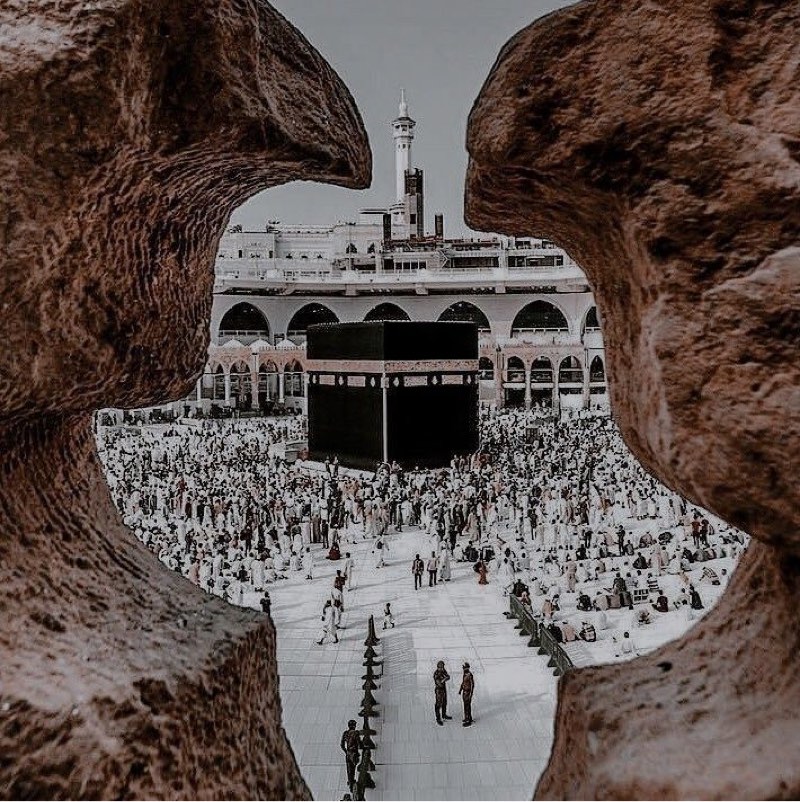Is Mecca, the significant city in Islam, mentioned as Baca in Psalm 84?
Baca
(Balsam tree or weeping)
Valley in Psalm 84, verse 6, which reflects a poetic play on words describing a person forced to go through a time of weeping who found that God turned tears into a well, providing water.
The above-mentioned statement is an excerpt from Holman Concise Bible Dictionary. As stated in Surah 3, verse 96, Baca is believed to be Mecca, which the Quran refers to as Bakkah. It was Hagar, the mother of Ishmael, who was forced to experience a period of weeping, who discovered that God had turned tears into a miraculous well of Zamzam. What is the articulation of this argument?
The argument you've presented draws a connection between two distinct religious texts, the Bible and the Quran, by referencing similar concepts found within both. The statement juxtaposes the poetic description from Psalm 84, verse 6, in the Bible, which mentions the Valley of Baca (often interpreted as a place of weeping or sorrow), with a narrative from the Quran.
According to Surah 3, verse 96, the Quran mentions a place called Bakkah, identified by many scholars and tradition as Mecca, a city of paramount importance in Islam.
The biblical excerpt describes a metaphorical transformation where a time of weeping is turned into a source of sustenance and blessing, symbolized by tears turning into a well. This metaphor captures the idea of divine intervention and support during times of distress, providing not just relief but also nourishment and strength from the adversity faced.
The Quranic reference complements this biblical narrative by recounting the story of Hagar and Ishmael, where Hagar's desperate search for water in the desert for her son Ishmael is rewarded by the appearance of the Zamzam well. This story is deeply embedded in Islamic tradition and highlights themes of faith, divine provision, and the transformation of despair into hope.
By articulating this argument, the connection being made is that both biblical and Quranic texts, while from different religious traditions, reflect a similar theological theme: the belief in a benevolent deity who transforms moments of deep personal despair into opportunities for divine blessing and providence.
The comparison suggests a shared motif of spiritual testing and divine intervention, where the act of enduring hardship with faith can lead to miraculous outcomes, symbolized through the provision of water in both narratives. This water, whether from the well mentioned in Psalm 84, verse 6, or the Zamzam well in Islamic tradition, stands as a powerful symbol of life, sustenance, and the transformative power of faith.


